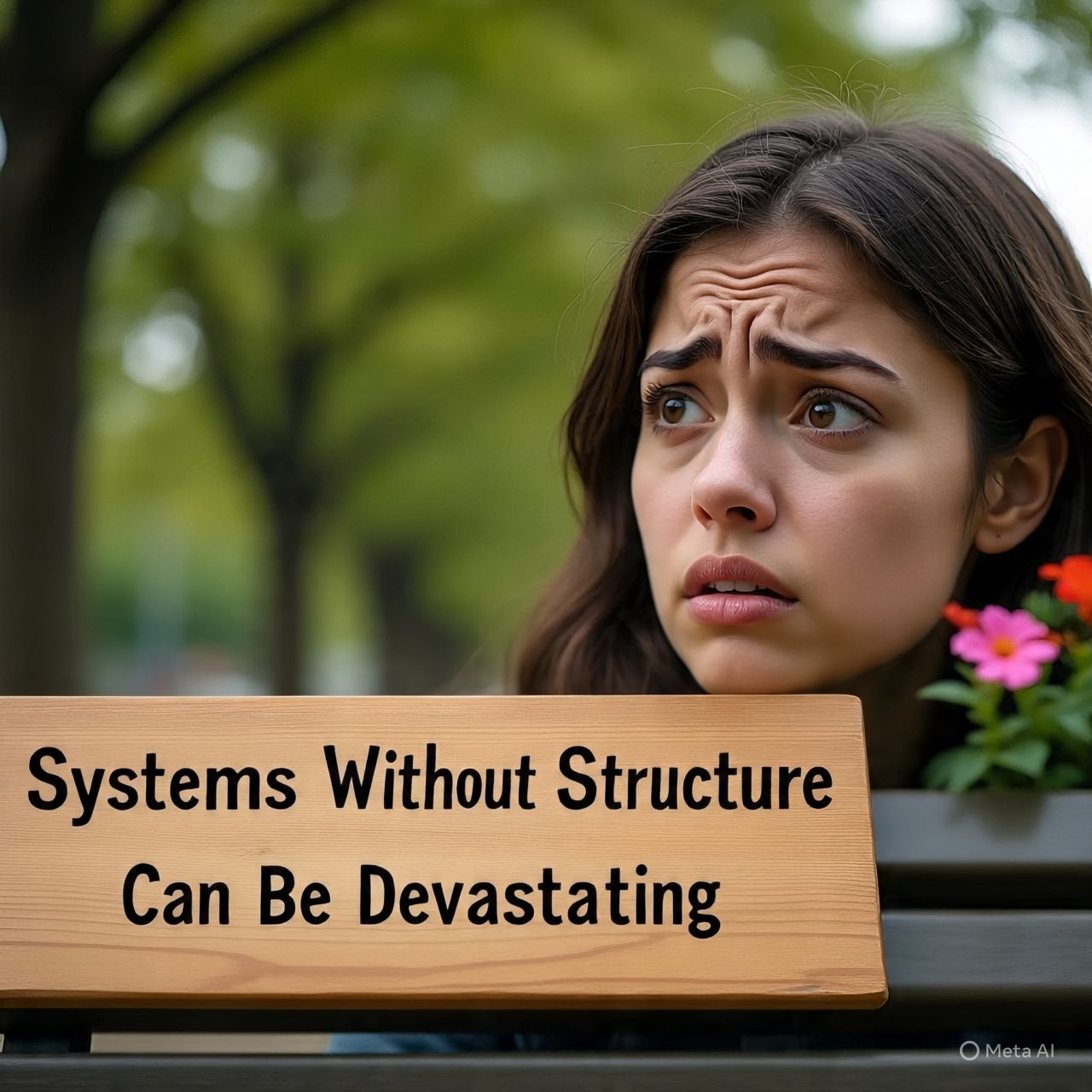
Systems Without Structure Can Be Devastating
In every aspect of life, systems are meant to bring order, efficiency, and predictability. From families to organizations, schools to governments, systems guide behavior, allocate resources, and create frameworks for success. But as Dr. David Rex Orgen often emphasizes, when systems exist without structure, the results can be devastating.
A system without structure is like a river without banks—it may flow, but it floods, erodes, and destroys everything in its path. In communities, this may look like poorly managed schools, where teachers lack clear direction and students are left without guidance. In families, it may appear as households without routines, roles, or accountability, leaving children confused and relationships strained. In organizations, it manifests as chaos, miscommunication, and burnout among employees.

Dr. Orgen explains, “Structure is not restriction—it is the framework that allows potential to thrive. Without it, even the best intentions fail. Without clarity, people lose direction, and systems collapse under pressure.”
The Human Cost of Disorganized Systems
When systems lack structure, the impact is not only operational—it is deeply personal. Students struggle to achieve because expectations are unclear. Employees become demotivated because there are no defined processes or support. Communities stagnate because leadership is inconsistent. Mental health suffers, stress increases, and trust erodes.
A case in point is the education system in some underserved regions, where schools lack consistent policies, teaching resources, or mentorship programs. Children may attend class, but the absence of structure means knowledge is fragmented, potential is wasted, and dreams are deferred. In families where routines and roles are undefined, children may experience anxiety and insecurity, while parents feel overwhelmed and unsupported.
Structure as a Path to Transformation
Dr. Orgen advocates for designing systems intentionally. He emphasizes that clear roles, defined processes, accountability measures, and consistent follow-through are not bureaucratic hurdles—they are life-saving mechanisms. Structure provides stability, reduces conflict, and ensures that resources and energy are channeled productively.
For example, in a well-structured community program, mental health initiatives reach those who need them most. In workplaces, structured processes prevent burnout and promote performance. In families, predictable routines foster security, confidence, and resilience in children.
The Call to Action
Dr. Orgen reminds us that creating structure is not optional; it is essential for human flourishing. Every organization, community, and family must assess its systems: Are they designed to nurture, protect, and empower? Or are they leaving people to drift in chaos?
InspireMind Global is committed to building systems that are intentional, structured, and impactful. Through programs in education, mental health, and community development, InspireMind Global provides frameworks that transform lives, protect potential, and promote wellness.
👉 If you are ready to transform your family, organization, or community into a system that works, contact InspireMind Global today. Structure is not limitation—it is liberation. Let us help you create a system that uplifts and sustains life.
Recent Posts
When Cravings Speak Louder Than Words
Degrees Without Doors
Becoming the First Was Never About Recognition It Was About Assignment
Tags
+1 (614) 753-3925
info@inspiremindglobal.com




